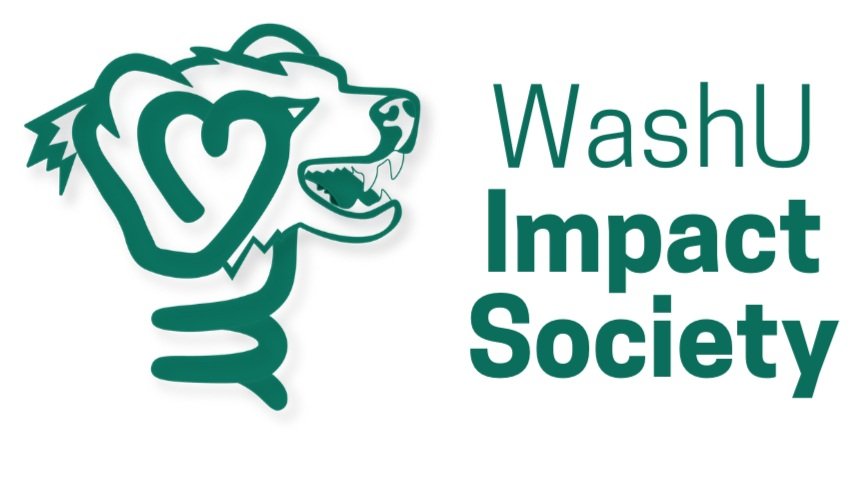Intro Fellowship
Apply for our fellowship
How can we use the world’s resources to best help others? How can we tackle some of the world’s most pressing problems, including ending global poverty and factory farming, mitigating technological risks, preventing future pandemics, and stopping climate change? How can WashU students find fulfilling and impactful careers?
The fellowship is a five-week long program that engages with these questions and explores the core concepts and ideas within the effective altruism community. We hope the fellowship will provide you with a framework for figuring out how you can make a difference in the world.
